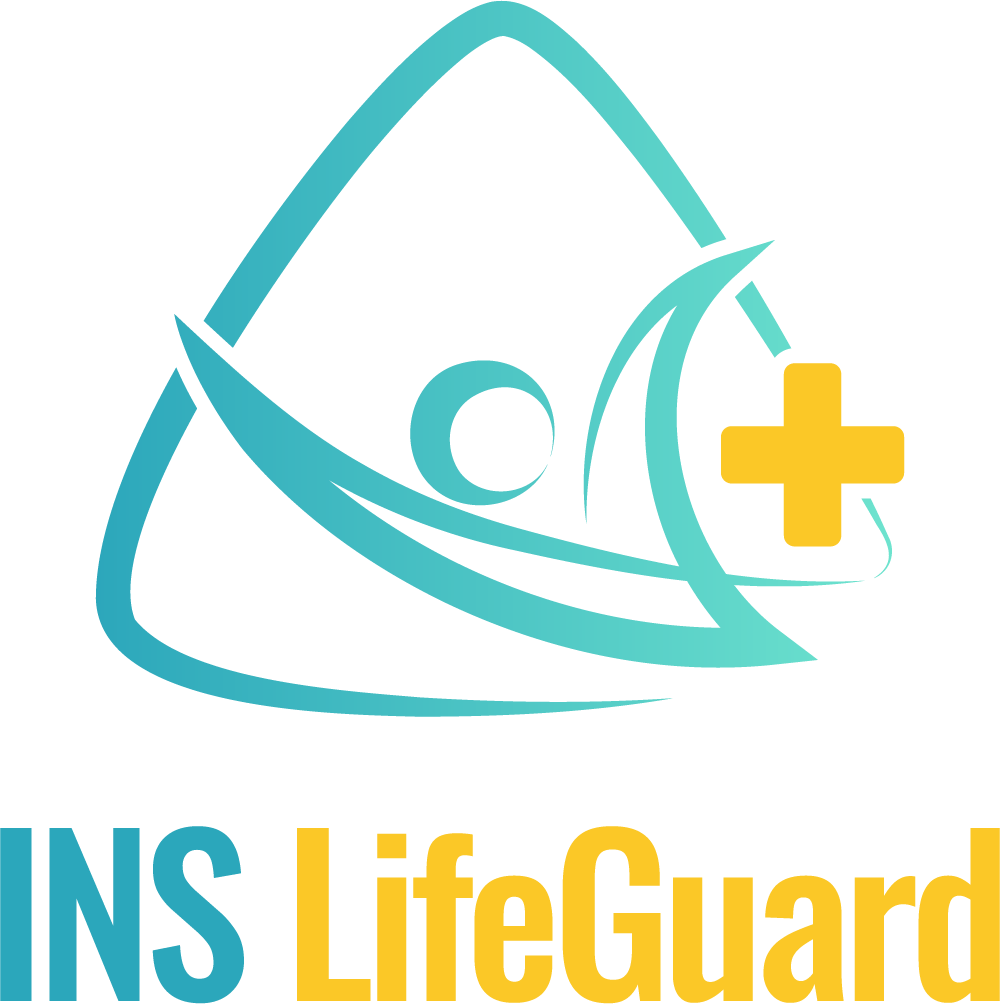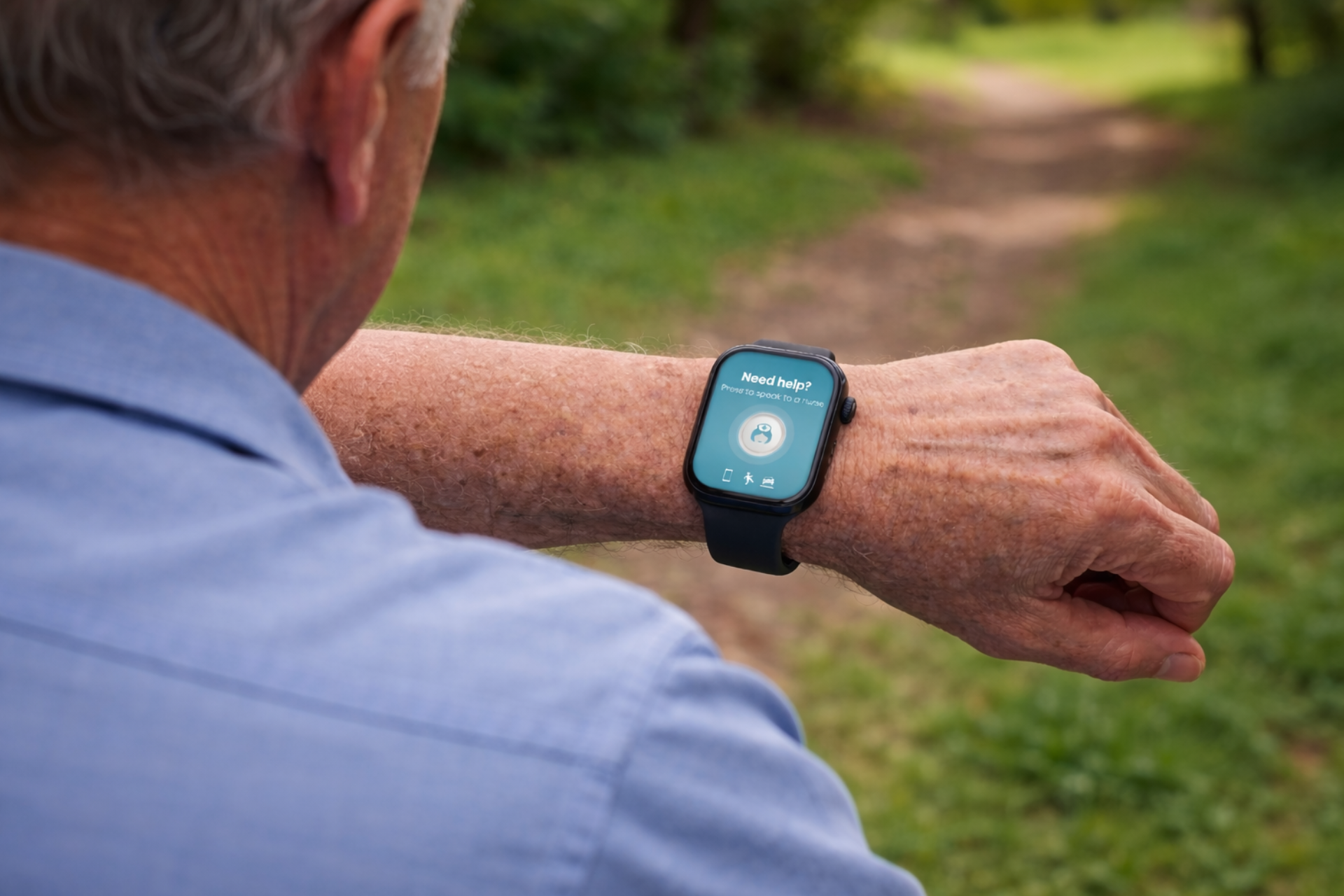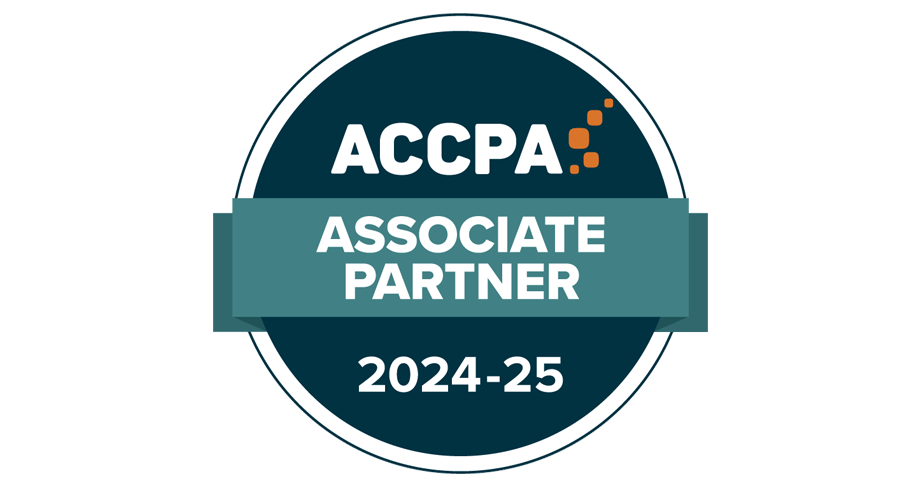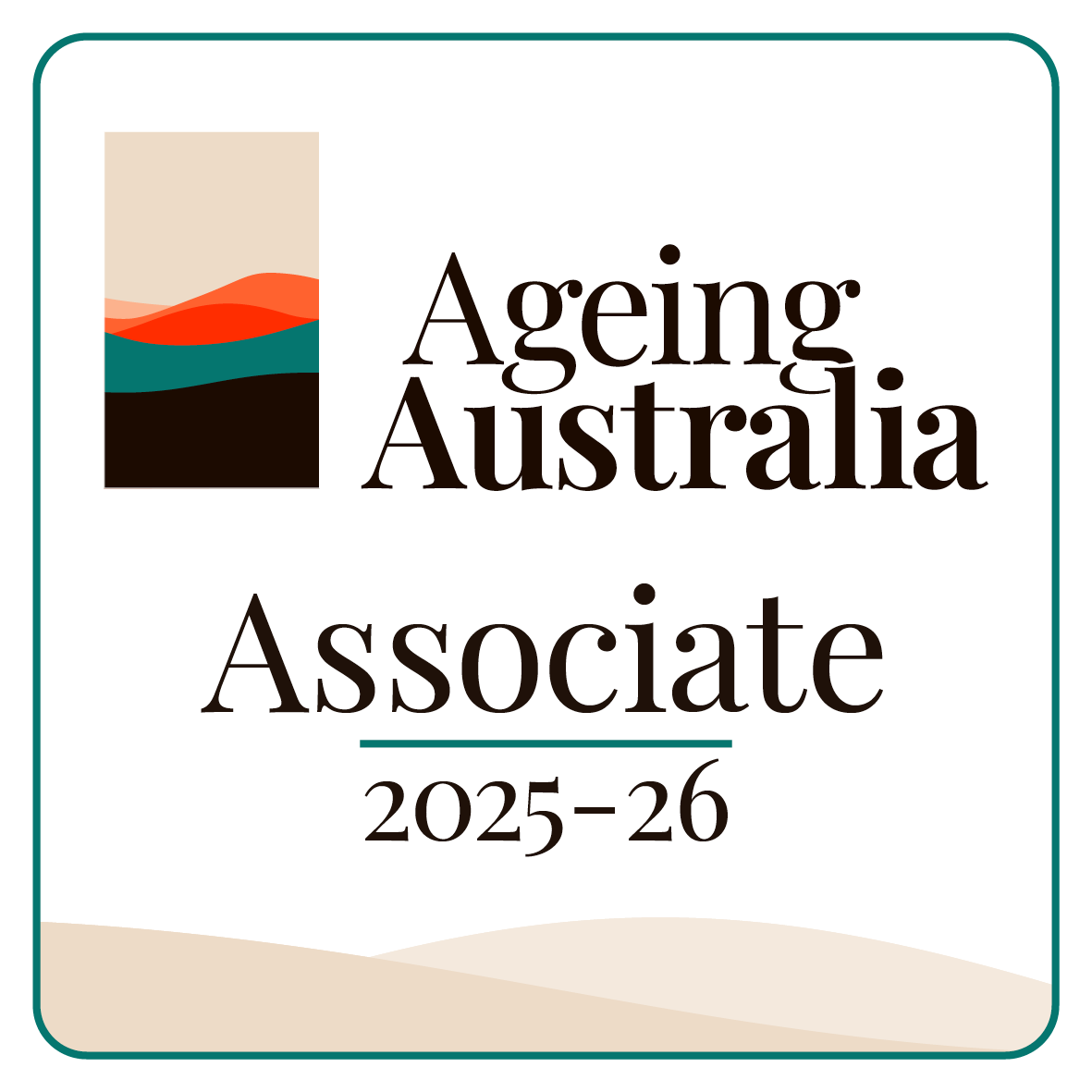Have a Question?
What's the Difference Between Dementia and Alzheimer's Disease?
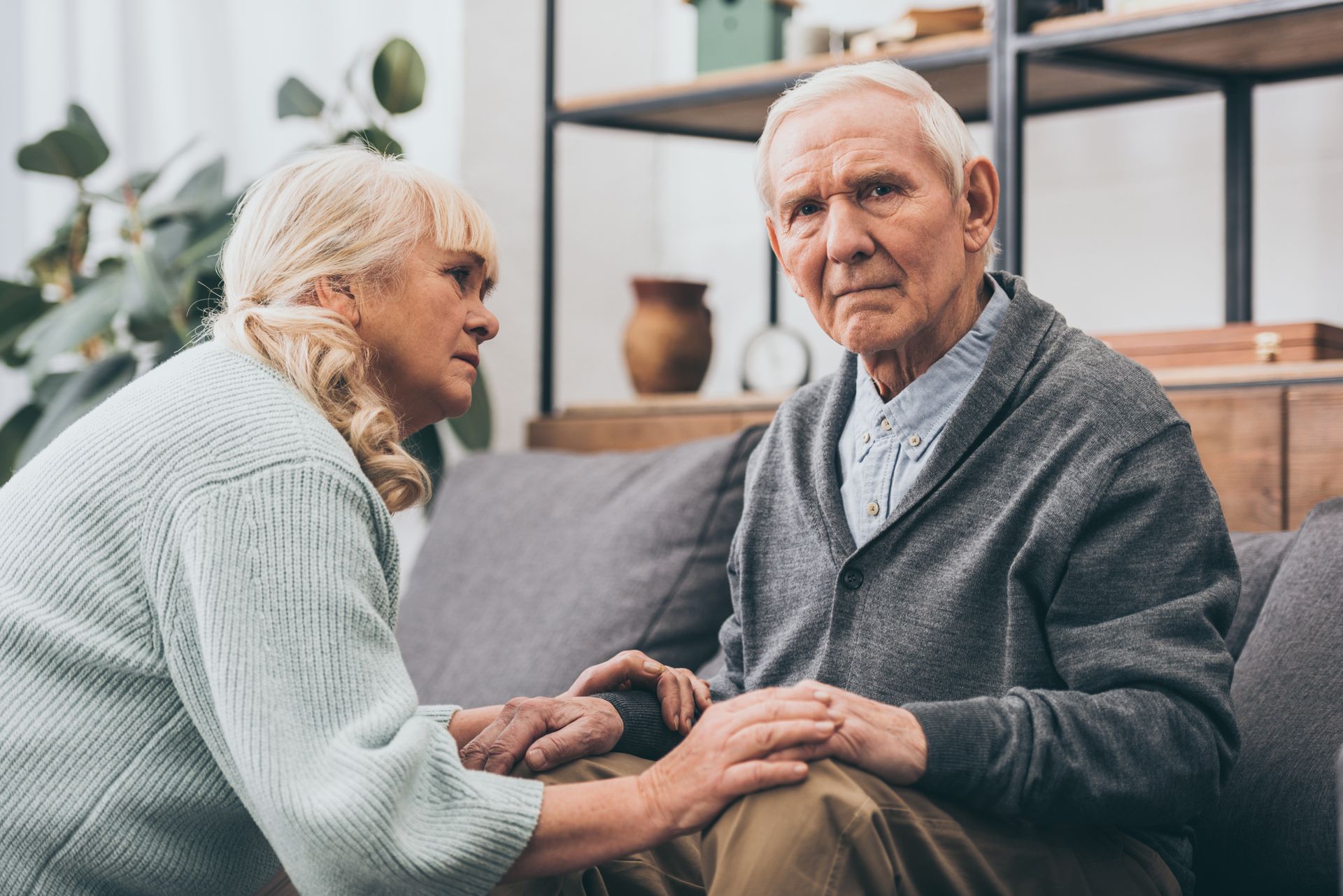
Do you have loved ones going through a rough patch with dementia and you want to feel at peace? INS LifeGuard offers the best innovative personal alarms for safety and independence.
While both dementia and Alzheimer's disease are related to cognitive impairment, they are not the same. Alzheimer's disease is a form of dementia that impairs thinking, behaviour, and memory. Eventually, symptoms could get worse and interfere with daily life.
In this article, we will tackle everything you need to know about Alzheimer's disease and dementia, their differences, symptoms, and possible treatments.
What is Dementia?
Dementia refers to a brain disorder where an individual who has it experiences memory loss, or has difficulty thinking as well as controlling emotions.
Damage to the brain cells is what leads to dementia. It is basically not a disease. Hence, it is an umbrella term that covers a wider range of symptoms that make it hard for patients to perform their everyday tasks normally.
According to the Alzheimer's Association, Alzheimer's disease is a specific brain disease while dementia is a general term for cognitive impairment.
Simple memory errors, such as forgetting someone's name or where you put your car keys are not the only symptoms of dementia. However, a person who has it could have issues in at least two of the following:
- Memory
- Conversing and speaking
- Thinking skills
- Reasoning skills
- Visual perception
Types of Dementia
The most prevalent type of dementia is Alzheimer's disease. However, it has more than one type. Hence, it can have many forms including:
- Lewy body Dementia
- Frontotemporal Dementia
- Vascular Dementia
- Limbic-predominant age-related TDP-43 encephalopathy
- Chronic Traumatic Encephalopathy
- Parkinson's Disease Dementia
- Creutzfeldt-Jakob Disease
- Huntington's Disease
- Mixed Dementia
Symptoms and Causes of Dementia
Symptoms and causes of dementia depends on several factors. However, some of its specific symptoms may include:
- Memory loss
- Difficulty speaking
- Thinking or problem-solving challenges
- Difficult to perform everyday activities
- Personality Changes
- Behavioral Changes
- Mood Changes
Clearly, dementia is caused by several risk factors including age and lifestyle. And while others can be addressed to reduce the risks, others can't.
Non-Modifiable Risk Factors of Dementia
Age - As you get older, especially beyond age 65, the risk of getting dementia increases. It is important to note, though, that dementia does not only occur in older adults but it can also happen to younger people.
Family History - If dementia runs in your family, you may have a higher chance of getting it too. However, not all people with a family history experience its symptoms. To confirm, you can do tests to see if you have particular genetic mutations.
Down Syndrome - It is common in individuals with Down Syndrome to have dementia in their middle ages.
Modifiable Risk Factors of Dementia
Diet and Exercise - While there is no specific diet that can lower its risks, research shows that those who eat poorly can develop dementia compared to those who live healthily.
Alcohol Consumption - Large alcohol consumption has long been linked to altered brain chemistry. Alcohol use disorders were found to be associated with an elevated risk of dementia, particularly early-onset dementia.
Depression - Although it is yet unclear, other research reports late-life depression can trigger occurrence of dementia.
Head Trauma - The prevalence of dementia was shown to be higher in patients with traumatic brain injuries (TBIs) and whose age are 50 years and above.
Sleep Disturbances - Those who have sleep apnea and other sleep disturbances have a higher risk of dementia.
Drugs that may impair memory - Other over-the-counter drugs can make your memory worse because of how strong their chemical structures are, which is why this risk factor can be a great contributor to dementia.
Diagnosis
Although there is no test to identify it in a person, doctors can perform various examinations to distinguish other types of dementia that are unique to each type.
How is Dementia Treated?
Treatment of dementia will depend on its causes. They also currently do not have any cure. Though, there are non-drug treatments and cognitive training that can manage symptoms of dementia.
Memory games can also help enhance cognitive function and provide a non-drug approach to managing symptoms of dementia.
What is Alzheimer's Disease?
Alzheimer's disease is the most common type of dementia. And as reported, 60 to 80 percent of its instances are actually caused by Alzheimer's disease.
The specific disease is known to cause progressive damage to the brain cells. Initially, the person who has it could experience Amnesia (loss of memories). And as the disease progresses, it can eventually lead the person to lose his environmental awareness.

Basically, the brain regions that are responsible for thought, memory, and language are affected by Alzheimer's disease, which can significantly impair a person's capacity to perform everyday activities.
Early symptoms of Alzheimer's disease frequently involve problems in thinking, and reasoning abilities since the disease first affects the nerve cells in the brain connected to learning. As the disease progresses, other symptoms like confusion, behavioral changes, and person's ability to think, may worsen.
Types of Alzheimer's Disease
- Early-onset - Occurs between the ages of 30 and 60 and affects less than 10% of all Alzheimer's patients.
Like Early-Onset Alzheimer's, frontotemporal dementia is also often misdiagnosed as Alzheimer's disease because it affects younger ages as well.
Frontotemporal dementia is one of the most common cause of dementia. It develops when nerve cells in the frontal and temporal lobes of the brain are destroyed.
Although frontotemporal dementia develops early between ages 40 to 60, it commonly occurs later in life.
- Late-onset - The most common type of Alzheimer's because it occurs between the ages of mid-60s and above
Symptoms of Alzheimer's Disease
Some common symptoms and warning signs of Alzheimer's include:
- Repetitive sentences and enquiries
- Forgetting activities and recent events
- Regularly loses belongings and frequently place them in odd places
- Getting lost in well-known locations
- Forgetting the names of loved ones and commonplace items
- Having difficulty putting thoughts or actions into words
Diagnosis and Treatment of Alzheimer's Disease
Before, Alzheimer's disease was only identified after death. However, today, clinicians can now diagnose it through biomarkers and PET scans. Current Alzheimer's treatments can also temporarily treat other cognitive issues and abnormalities as discovered.
According to the Alzheimer's Association, the only approved drug for treating Alzheimer's is Aducanumab. This immunotherapy medicine targets the protein beta-amyloid and aids in the reduction of amyloid plaques, which are brain lesions connected to Alzheimer's disease.
Other Relevant Types of Dementia
Vascular Dementia
Vascular dementia is the second most common type of dementia, after Alzheimer's disease. It is caused by a variety of illnesses that damage the brain cells. The blood vessels in the brain of a person who is diagnosed with it commonly undergoes several interruptions of oxygen supply.
Mixed Dementia
With only a few people who are diagnosed of this specific disease, mixed dementia is a condition in which brain changes because more than one type of dementia occurs.
Your 24/7 Personal Emergency Alarm Button
If you are worried about the safety and wellbeing of a loved one who you suspect has dementia or Alzheimer's, INS LifeGuard's suite of at-home and on-the-go personal alarm systems and medical alarm services can help to keep them safe.
As Australia's Premiere Nurse Response Service, we offer a range of personal alarm solutions for a wide variety of users, from seniors through to lone workers.
With features that include a 24/7 personal emergency button, two-way communication, GPS location tracking, and geofencing, INS personal alarms are especially helpful for those who wander, making them a great choice for individuals with early-onset dementia or Alzheimer's.
Our Emergency Response Centre is staffed by highly qualified and experienced nurses, 24 hours a day, seven days a week. We know of no other company that can make that claim.


About
INS LifeGuard is the only 24/7 nurse on-call personal and medical monitoring in Australia. We provide monitoring technology for both in the home and on the go and can also monitor other provider's equipment. Our services are suitable for anyone wanting support to stay independent such as the elderly, those with medical conditions and disabilities plus enhancing safety and security for lone workers.
